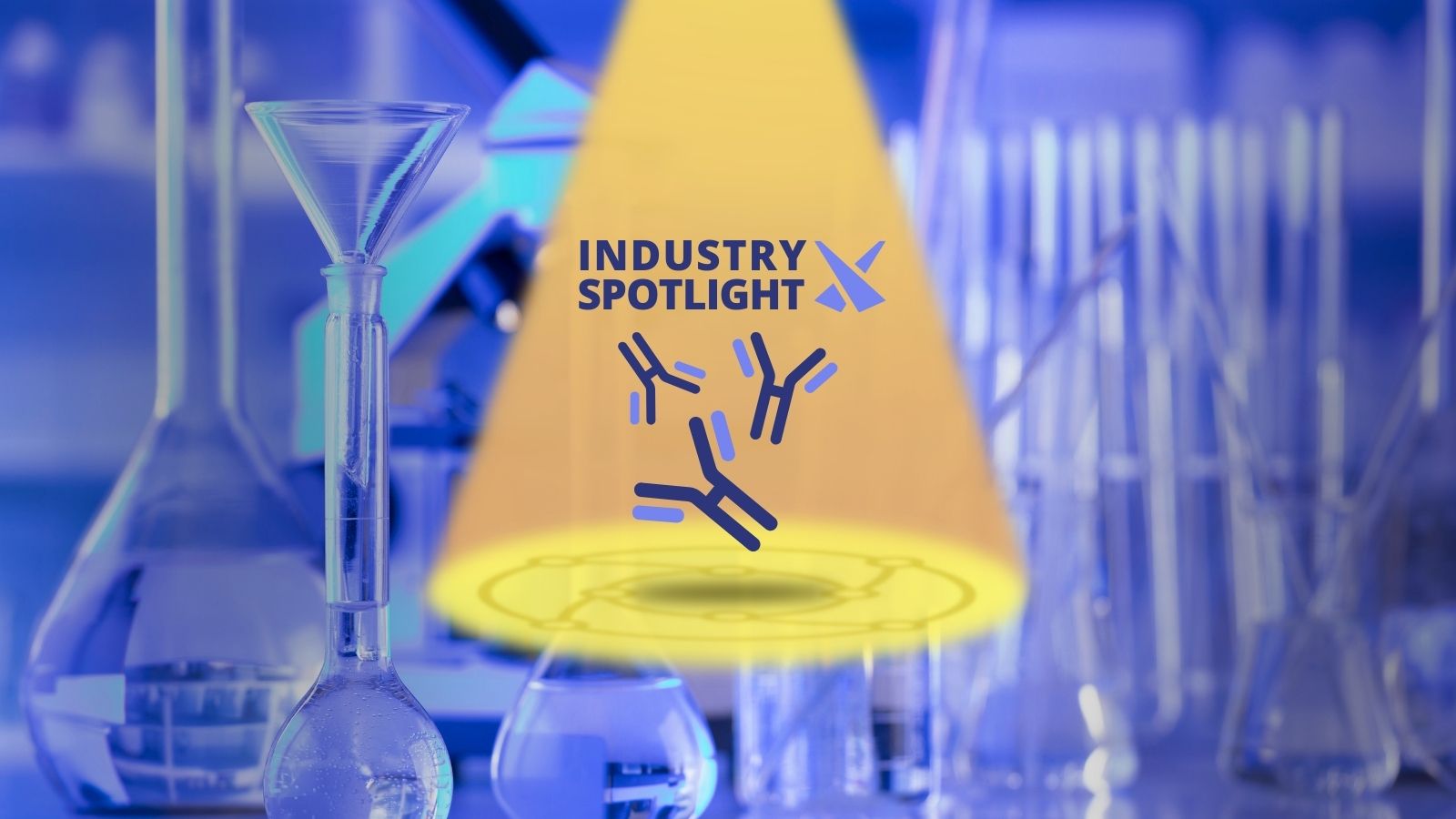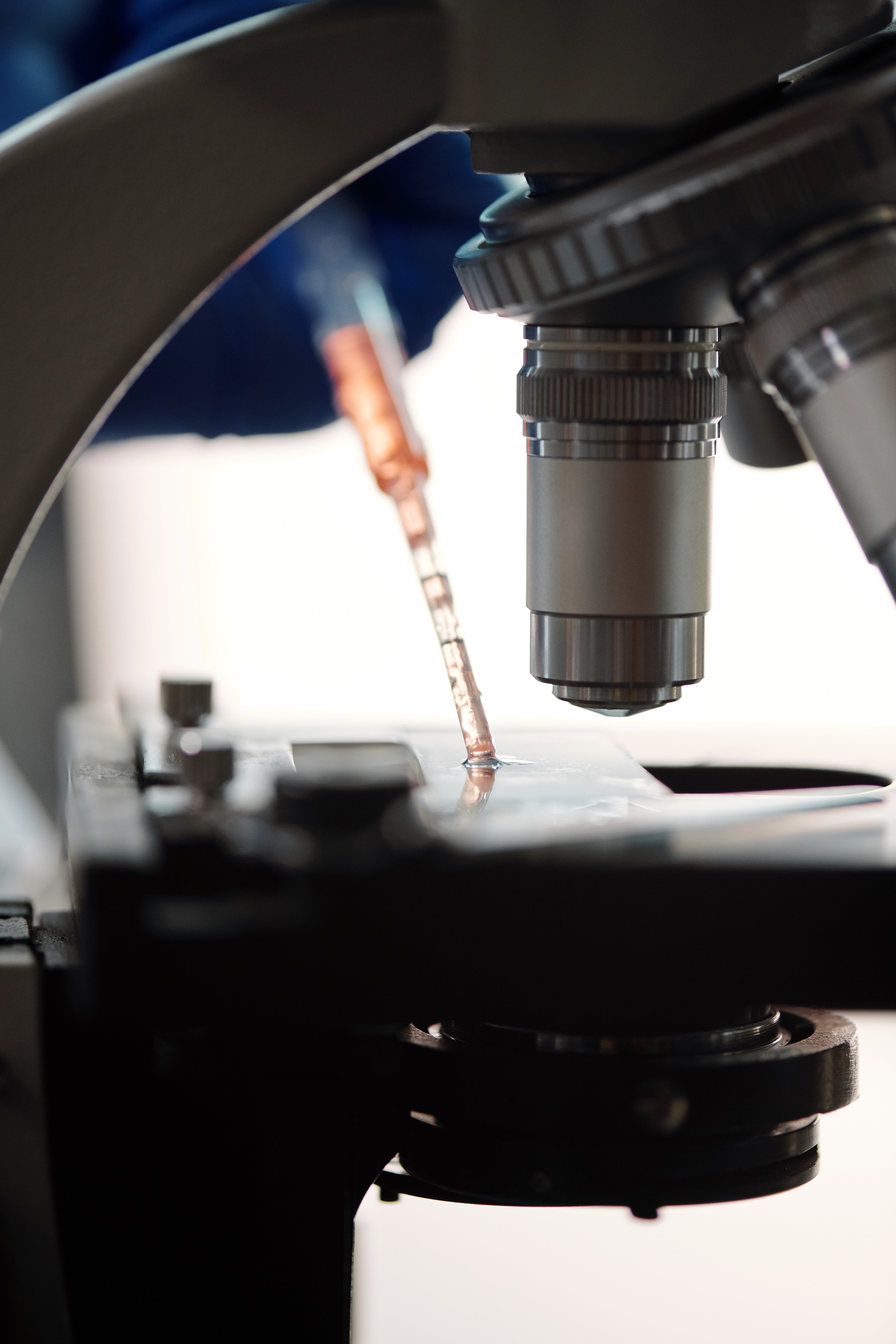Comparing Allogeneic and Autologous Stem Cell Transplantation Approaches

Conversations comparing allogeneic and autologous stem cell transplantation in terms of scalable manufacturing have abounded in recent years, with both fields witnessing considerable progress and development.
However, the most useful approach to thinking about the two therapeutic approaches may instead be that both are important, and will positively impact the cell therapy space for patients who have stopped responding to traditional treatments.
Allogeneic therapies are ‘off the shelf’ therapeutics used to treat patients in large numbers – sometimes in the thousands.
Meanwhile, autologous therapies are ‘custom’ products tailored to treat an individual patient.
The scaling up of manufacturing for allogeneic cells is similar to the techniques used to make protein drugs and other large-scale cell-derived materials.
- Improving sustainability in cell line development and manufacture
- A €2.7m grant to improve the safety and efficacy of CAR-T cell therapies
- Key considerations for Stateside biotechs looking to the UK and Europe
At present, autologous therapies – specifically CAR-T therapies – have witnessed more of a boom, with six commercial products now available on the market.
Part of this is due to a favourable environment for autologous therapies: the CMC (chemistry, manufacturing, and controls) requirements are clear for autologous CAR-Ts, and the regulatory journey is well-documented as a result of this progress.
While there is significant excitement surrounding the potential of gene-modified allogeneic cell therapies, present concerns around safety, efficacy, and durability have constrained equivocal progress.
Ultimately, however, those in the industry believe that off-the-shelf allogeneic cell therapies will be the only way to democratise the cost of treatment and make these therapies available to patients in more remote regions of the world.
Trends in Autologous and Allogeneic Stem Cell Transplantation
The main difference between allogeneic and autologous stem cell therapies is the source of the cells used for the therapy.
Allogeneic therapies are manufactured in large batches from unreleased donor tissues such as bone marrow, whereas autologous therapies are manufactured as a single lot from the patient being treated.
For some autologous therapies, the cells from the patient are processed on-site at the clinic or hospital.
These therapies are not regulated as a biologic product and not produced under GMP, with regulations insead applying to the devices being used to develop the therapies.
Due to the difference in scale of the technologies used to grow the cells, allogeneic therapies see more time available for product quality control prior to their administration in patients.
As autologous therapies are ‘custom’ products tailored to the needs of each patient, the chain of identity for patient samples is critical to ensure the right product is returned to the patient.
A central component of the success in CAR-T cell delivery has been a growth in infrastructure to support their research and development.
Since 2017, over 300 centres have been established worldwide which have the capability to treat patients with CAR-T therapies, and the curve is growing exponentially.
As both allogeneic and autologous stem cell transplantation and the therapies entailed continue to develop as parallel fields of treatment, seemingly external factors like the availability of the raw materials required are important for successful therapeutic development.
Get your weekly dose of industry news and announcements here, or head over to our Cell portal to catch up with the latest advances in stem cell development and manufacturing. If you'd like to learn more about our upcoming Cell UK conference, visit our event website to download an agenda or register your interest.







